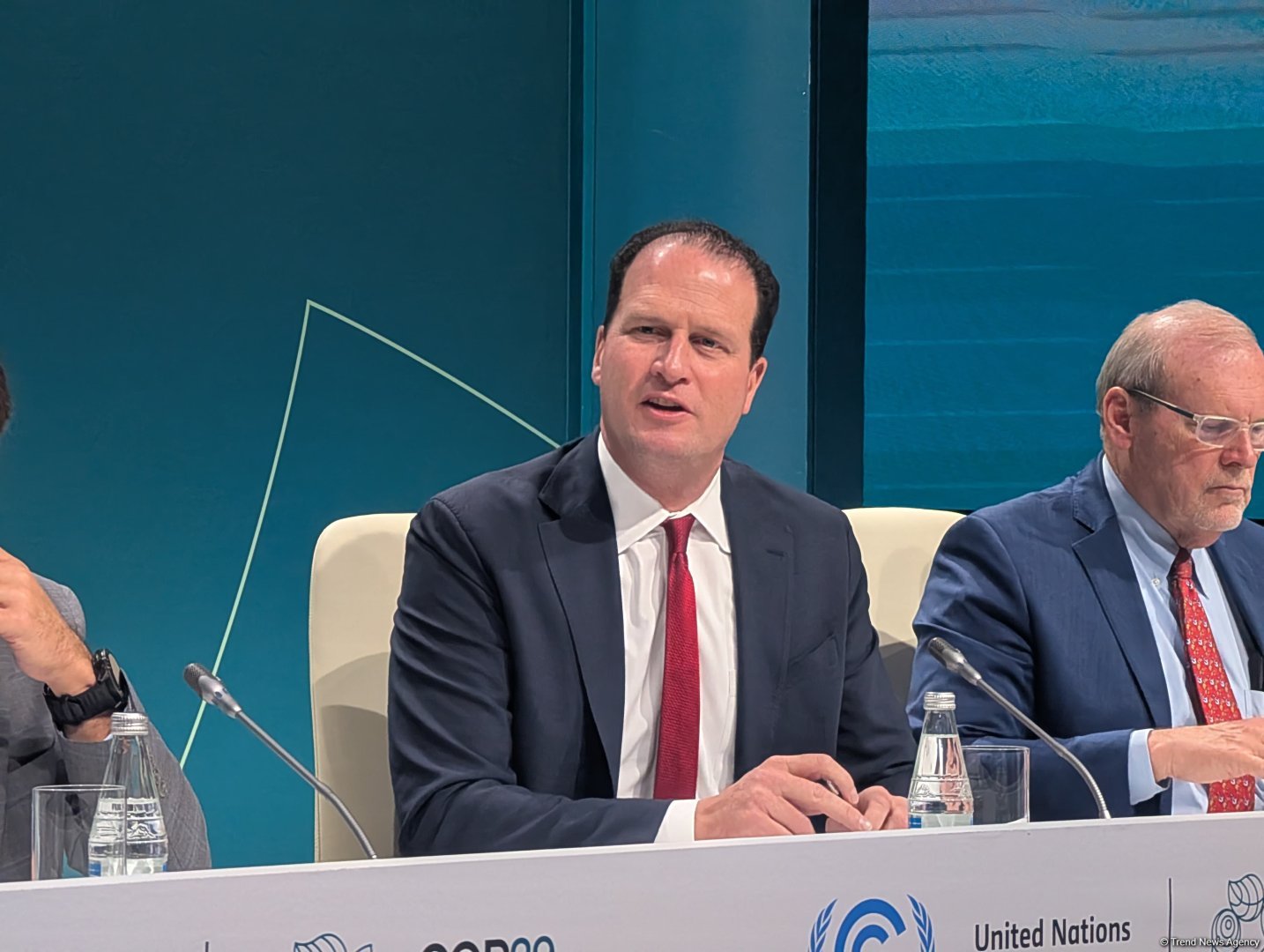


As the U.S. economy continues to evolve, the need for a robust electric grid has never been more critical. Doubling the U.S. electric grid capacity is essential for economic growth, particularly as rising electricity demand is driven by data centers and domestic manufacturing [9abeae2d]. To meet these demands, utilities must integrate Virtual Power Plants (VPPs) into their planning processes. However, current VPP models are often limited by customer investment and slow adoption rates [9abeae2d].
The Department of Energy estimates that an additional 200 GW of flexible capacity will be needed by 2030 to support this growth [9abeae2d]. A utility-led model for VPPs can deploy Distributed Energy Resources (DERs) more quickly and at a larger scale than existing models. For instance, Xcel Energy is implementing a Distributed Capacity Procurement (DCP) model that significantly enhances deployment rates, potentially increasing them tenfold compared to aggregator-led models [9abeae2d].
Utility-led VPPs not only promise to enhance grid resiliency and reduce costs but also promote energy equity by ensuring broader access to clean energy solutions [9abeae2d]. By utilizing VPPs, costs can be lowered by 40% to 60% compared to traditional gas-peaker plants, making them a financially viable option for utilities and consumers alike [9abeae2d]. The emphasis on utilities embracing distributed energy resources is seen as a pathway for economic development, aligning with the broader goals of energy policy reform and sustainability [9abeae2d].
In the context of ongoing discussions about energy independence and security, the integration of VPPs into the national energy strategy could complement efforts to enhance domestic energy production and reduce reliance on foreign sources. This aligns with recent legislative efforts, such as the Lower Energy Costs Act and the Energy Permitting Reform Act, which aim to streamline energy infrastructure projects and bolster the U.S. energy sector [54b3952e][61af57e5]. As the U.S. navigates its energy future, the collaboration between utilities and innovative technologies like VPPs will be crucial for fostering economic growth and ensuring energy security [9abeae2d].